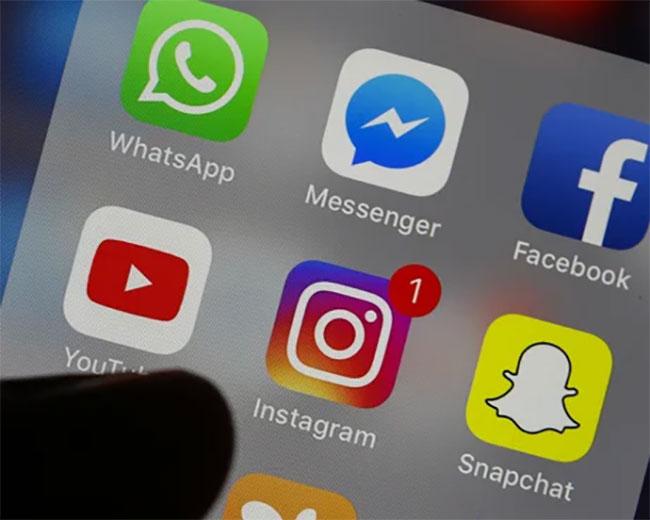 Image Source: Ada Derana
Image Source: Ada Derana
Australia will be the first country in the world to enforce a nationwide ban on under-16 social media accounts, with tech platforms now mandated to detect, deactivate, and block account access for younger users. Slated to take full effect from December 10, 2025, the law represents a landmark regulatory step aimed at safeguarding children’s mental health and curbing digital risks in the online ecosystem.
Key Highlights: What the Ban Requires
All major social media platforms, including Facebook, Instagram, TikTok, Snapchat, YouTube, X (Twitter), and Reddit, are covered by the new ban.
Platforms must implement “reasonable steps” to identify and deactivate accounts held by users under 16 years old, with further measures to prevent re-registration or circumvention by these users.
Tech companies that fail to comply face fines of up to 49.5 million Australian dollars ($33 million USD).
Platforms will not be compelled to verify the age of every single user or rely solely on government ID for age checks; instead, they will adopt a “multilayered waterfall approach” using artificial intelligence, behavioral data, and age assurance technology.
Regulatory Guidance and Implementation
Social media companies have received guidelines detailing how to comply with the age ban, including continuous monitoring and improvement of age verification systems.
Companies must be transparent about their enforcement tools, maintain review processes for users mistakenly flagged underage, and allow appeals for account reactivation after turning 16.
Popular platforms must offer privacy-preserving options—blanket age verification and mandatory government ID collection are considered excessive and not permitted.
Initial focus will be on detection and deactivation of existing accounts, with long-term strategies to prevent new underage registrations.
Rationale and Public Debate
The ban was adopted to combat growing concerns over cyberbullying, predator exposure, and harmful content damaging youth mental health.
Parliament passed the legislation in late 2024 after extensive consultation with parents, experts, and community organizations, with strong approval from many parents but concerns from advocates about unintended consequences.
Some mental health professionals warn the policy could push children toward more unregulated corners of the internet or isolate them from positive support networks.
Technology and Privacy Concerns
Platforms may use AI and behavioral analytics to estimate user ages without retaining unnecessary personal data, trying to balance user privacy with enforcement.
Companies are expected to communicate clearly with account holders about deactivation and removal, offering users options to preserve creative content or social history for future reactivation.
Efforts will be made to counter VPN and document forgery circumventions, making the process as child-proof and effective as feasible.
Broader Impact and Next Steps
Australia’s move is closely watched worldwide and could model tougher online safety measures for children elsewhere.
Tech giants have 12 months from the legislation’s passage to fully adapt, with government saying initial enforcement will not be perfect but expecting steady improvement.
Ongoing dialogue between regulators, companies, and civil society will help refine the ban’s implementation and mitigate possible social drawbacks.
Conclusion
Australia’s under-16 social media ban marks a bold step in global digital regulation—placing responsibility squarely on tech companies to protect young users while balancing privacy, innovation, and parental concerns. As the deadline nears, the world observes how platforms adjust, enforcement unfolds, and children’s online safety standards evolve.
Source: Xinhua, The Conversation, UNICEF Australia, SBS News, Reuters, BBC News
Advertisement
Advertisement






